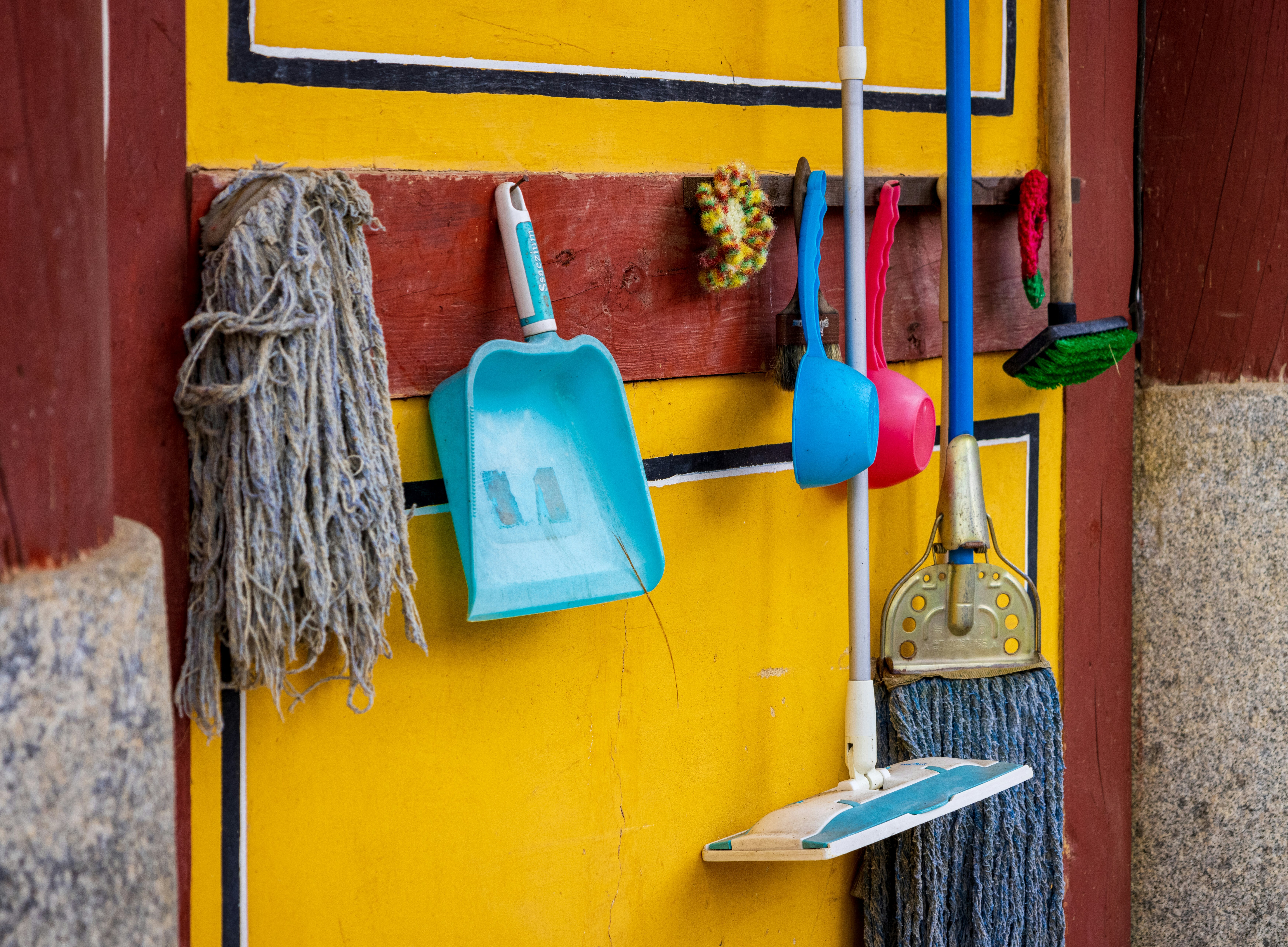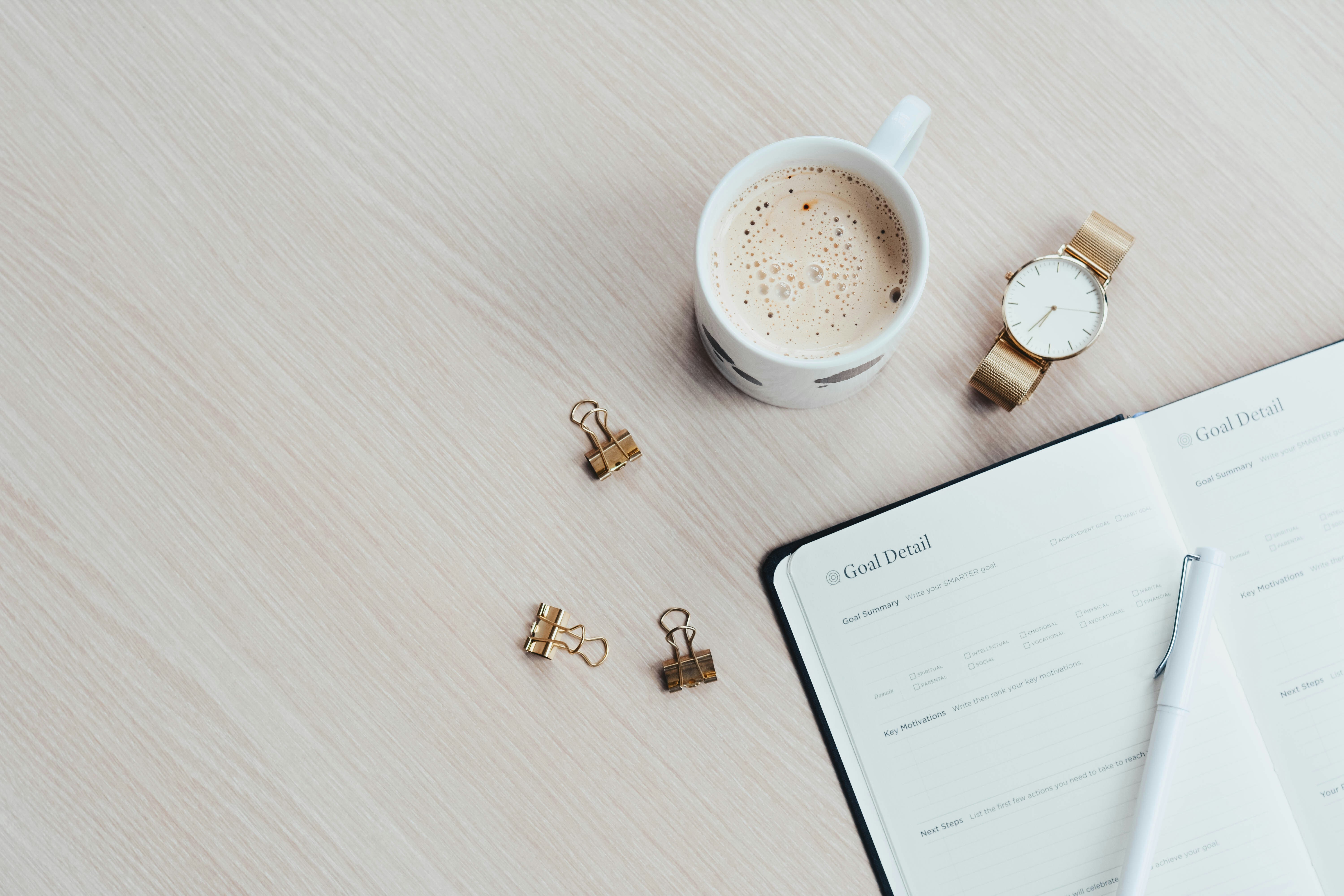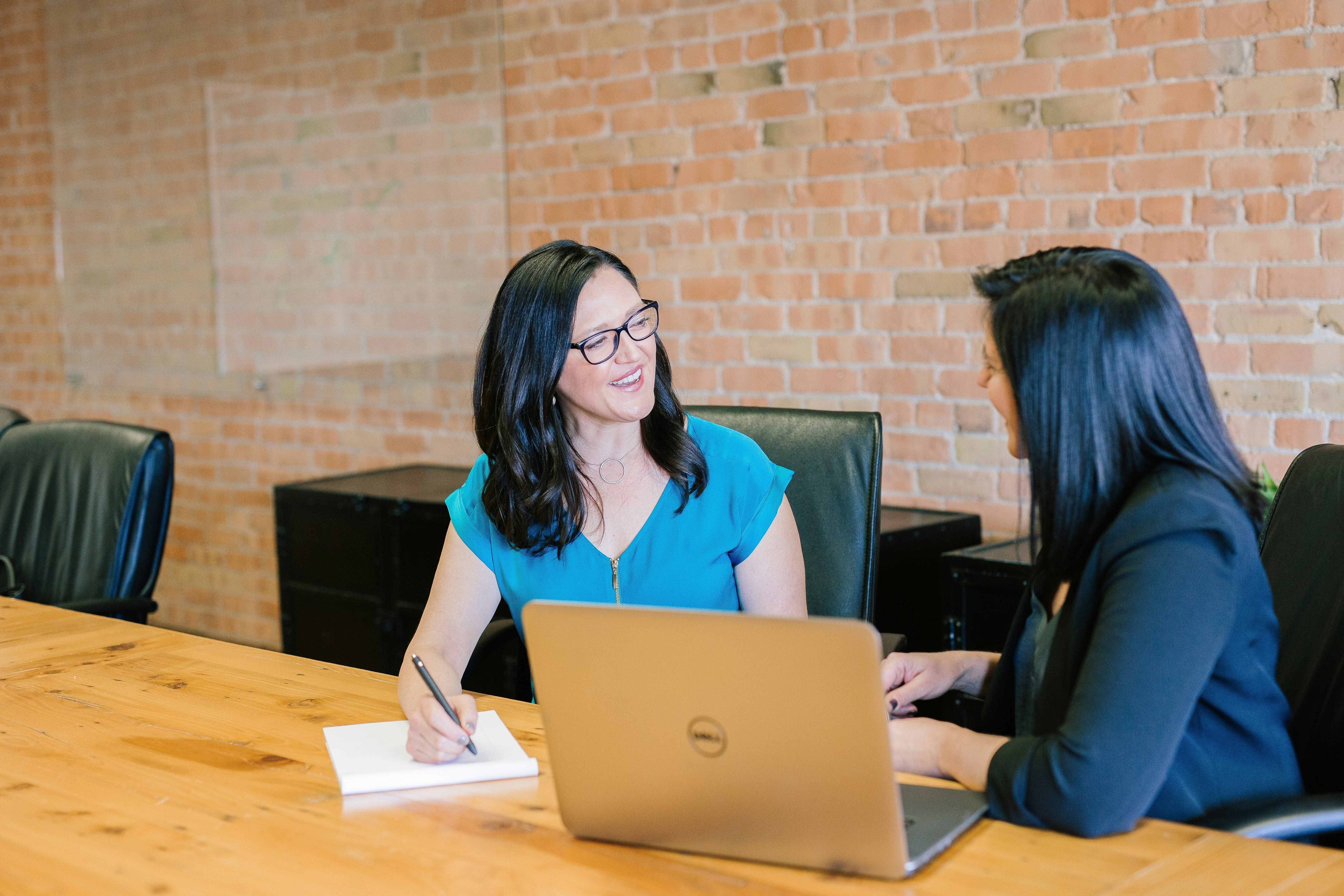
Last updated: October 29, 2025
Ever heard of the lazy tax? It’s a real thing. The lazy tax refers to the extra fees and higher rates you pay when you adopt a set-and-forget mentality to your ongoing costs and don’t shop around for a better deal. This applies to all the expenses that come with being an adult, those costs that you’d rather not have to pay, but need to - think insurance, electricity, etc.
Unlike the clichéd savings advice of cutting back on food deliveries and takeaway coffees, these tips can save you hundreds or even thousands of dollars over time, without having to give anything up. So, grab a coffee, your phone, and a pen and paper if you want to get serious about it, and start cleaning up your finances.
- Take a long hard look at your insurance policies. Health, car, renters, house insurance - all of them. Your situation may have changed and the market is always shifting, so what was a good deal for you back then may no longer be the best option. You can always call your insurer and ask if they have a better policy for you. Otherwise, there are plenty of comparison tools online to help you work out the best deal for you - but be mindful of those that don’t compare all insurers, or are paid a higher premium when they sell certain policies. The Australian Government’s Moneysmart website has handy advice about what to look for when using comparison websites. And if you’re reviewing your health insurance, the comparison tool at privatehealth.gov.au is a great way to make sure you’re comparing apples with apples.
- Power up. It’s hard to escape the fact that gas and electricity costs are rising. So, while you might not be able to get a cheap deal for your energy bills, there’s a good chance that you can get a better deal than the one you’re currently on. Call your energy provider to see if they have a plan that’s better suited to you and your home, or get online and start comparing. Just like insurance comparison sites, however, you need to be mindful of those that don’t compare all available deals and retailers. Most state and territory governments have their own comparison tools, so these are often a great place to start.
- Home savings. If you have a mortgage, you should be calling your lender to find out if you’ve got the best rate possible. All you need to do is ask them what their best offer is before you start shopping around, and that 10-minute phone call could end up saving you thousands over the long run.
- Time to unsubscribe. Open up your bank statement and take a look at the regular expenses – those direct debit subscriptions that can often bypass your attention. Streaming services, app subscriptions, gym memberships, those free trials that you signed up to and then forgot to cancel before the trial period ended – they all really add up. Work out which are the non-negotiable subscriptions and memberships and which ones you can do without. And then start cancelling.
- Fees shmees. Does your bank account have fees? There’s a chance you may not have noticed those fees being deducted from your account, but that money is better off in your account, not your bank’s coffers. Look at switching to a low or no-fee bank account.
- Super-size your superannuation. The average Australian will have about 12-16 different jobs during their working life. And multiple jobs often means multiple superannuation accounts. Combining your super into one account makes it easier to keep track of and cuts down on fees. While you’re looking at your super accounts, it’s well worth checking to see if you have a long-lost super account that you didn’t know about. There’s more than $17 billion in lost and unclaimed super in Australia, and to find out if any of that money belongs to you, all you need to do is check your MyGov account, or call the ATO’s lost super search line. Visit the ATO website to learn more.


